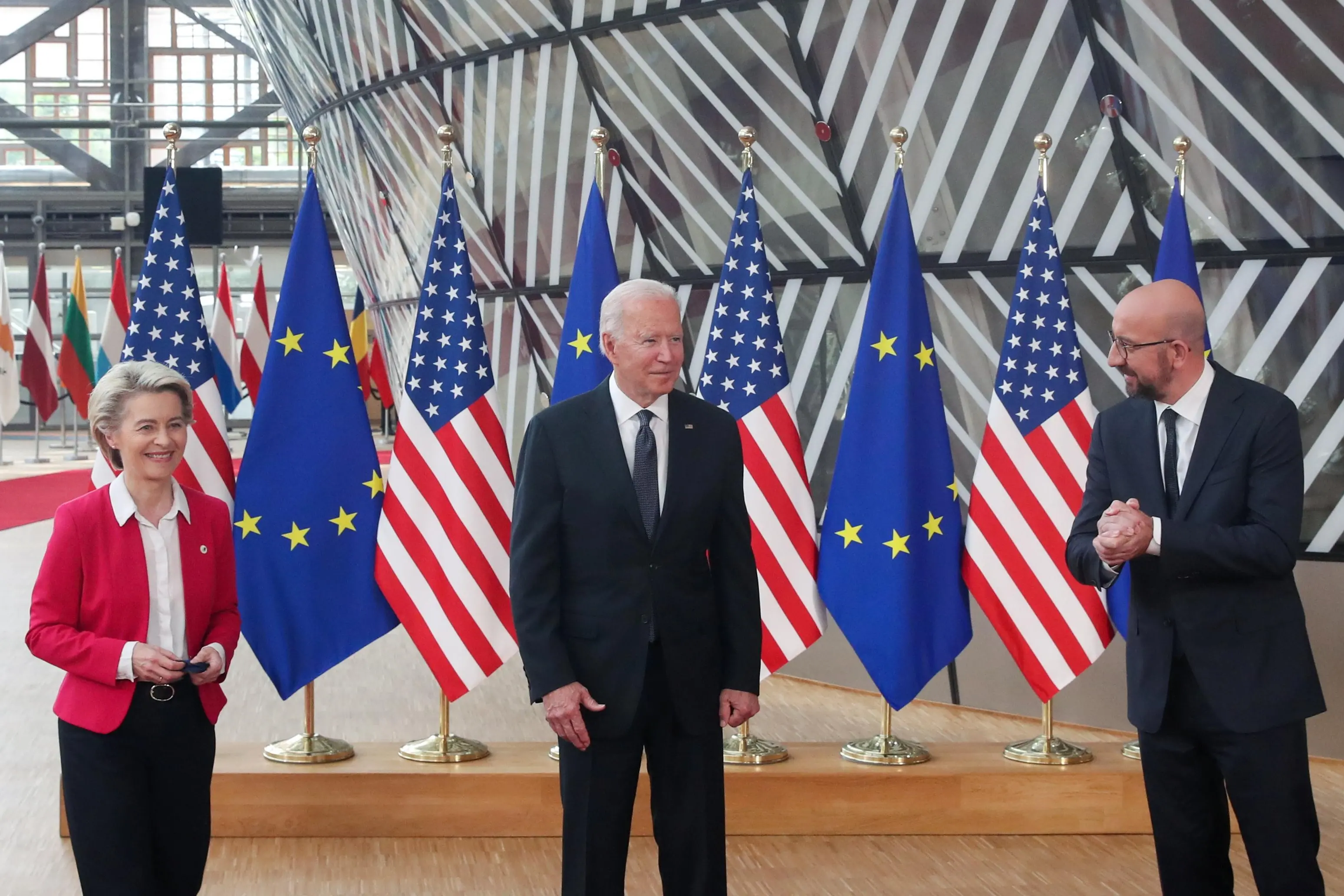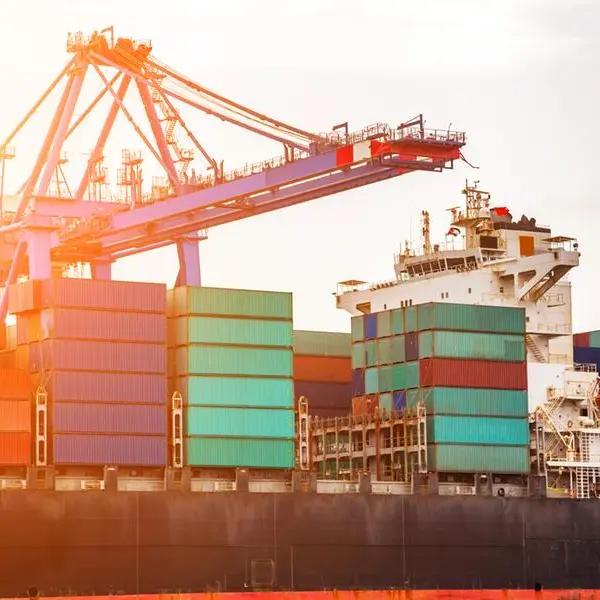PHOTO
The 27 EU presidents and prime ministers will meet on Thursday and Friday with a surprising new “spring in their step.”
Despite a pandemic crisis that has hit the bloc hard, Brexit-related problems over the Northern Ireland protocol, and wider foreign challenges including from Russia, an increasing number of European politicians sense an improvement in the overall political and economic climate.
What has driven this turnaround in sentiment is both domestic and international in origin.
At home, after lagging behind countries including the US and UK on the distribution of vaccines this winter and spring, the EU 27 are on track to catch up as soon as July.
Following initial missteps, the Brussels-based club has enhanced its strategy on vaccine procurement, symbolized on Tuesday when the EU passed the 300 million vaccinations threshold. This moves it closer to its goal to have enough doses delivered to vaccinate 70 percent of adults in the EU next month.
Moreover, even during the vaccine troubles earlier this year, the bloc generally showed solidarity between its larger and smaller economies. By learning from its mistakes, Europe will be better equipped for future pandemics.
On the international political front, the big difference is in the US-EU relationship now that President Joe Biden is well into his first year of office. There has been a major change in approach from Washington compared with the Trump era — a shift that was highlighted by the US leader’s visit to Brussels earlier this month.
While some tensions remain in transatlantic ties, and a potential US-EU trade deal is far from being realized, the tensions evident during the Trump presidency have largely been sidelined.
This political fillip has been reinforced by stronger economic data, too. Eurozone business activity surged in May as the easing of coronavirus restrictions revitalized the bloc’s dominant services industry, echoing data that showed factories had their best month on record.
Despite the potential importance of these combined developments, however, only time will reveal if the tide is truly turning for those forces championing the unity and strength of the bloc. As many European leaders are aware, the political situation remains fragile, with uncertainty in Germany over who will succeed Angela Merkel as chancellor after September’s ballot and doubts over whether Emmanuel Macron will be re-elected in France next year.
Nonetheless, the contrast now with the mood music of key European leaders during much of the past six years following the Brexit referendum and Trump’s election is clearly discernible. For instance, then-European Council President Donald Tusk appeared despondent at various points during his EU leadership, warning that threats facing the bloc were “more dangerous than ever,” with three key challenges “that have previously not occurred, at least not on such a scale.”
The first two dangers related to the rise of anti-EU, nationalist sentiment across the continent, which is still strong today, plus the “state of mind of pro-European elites” which Tusk then feared were too subservient to “populist arguments as well as doubting the fundamental values of liberal democracy.”
While some make the mistake of thinking these issues have disappeared following Brexit, that is far from the case in states ranging from Hungary and Poland to Italy.
Even Macron has admitted that France, one of the two traditional motors of EU integration alongside Germany, would probably vote to leave the EU if presented with a similar choice to the UK’s 2016 referendum. The French leader faces a difficult re-election battle next year, and it remains plausible that far-right Marine Le Pen could pull off an upset victory that would be an even larger setback for Brussels than was Brexit.
While the salience of these two issues has subsided, albeit perhaps only temporarily, the third threat cited by Tusk largely remains. That is what he called the new geopolitical reality that has witnessed an increasingly assertive Russia and China, as well as instability in the Middle East and Africa that has driven the migration problems affecting Europe.
This underlines that while the EU is currently facing a more favorable political and economic backdrop than before, the volatility of sentiment toward the bloc may ebb and flow further in months to come.
While the Euroskeptic wave may have passed its peak, its decline cannot be taken for granted, and decisions in coming months will help define the EU’s longer-term political and economic character in the face of multiple challenges, both domestic and foreign.
- Andrew Hammond is an Associate at LSE IDEAS at the London School of Economics
Copyright: Arab News © 2021 All rights reserved. Provided by SyndiGate Media Inc. (Syndigate.info).





















